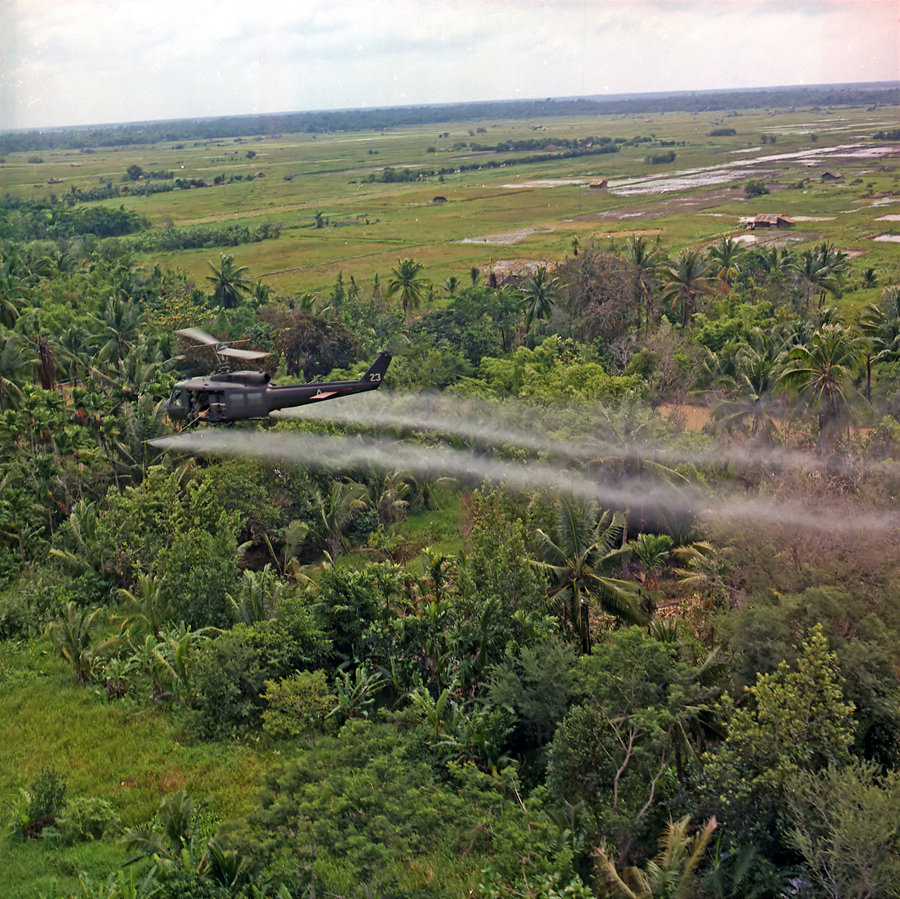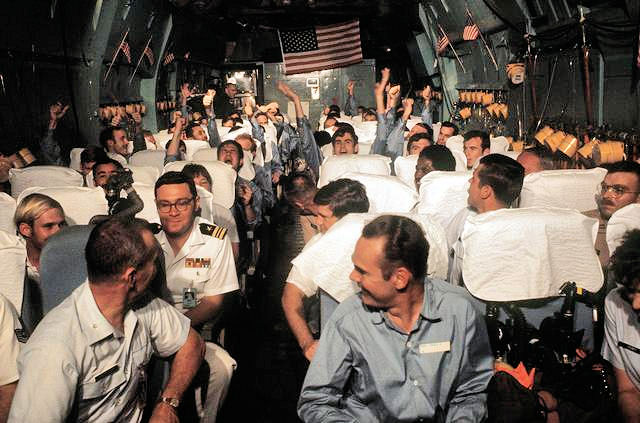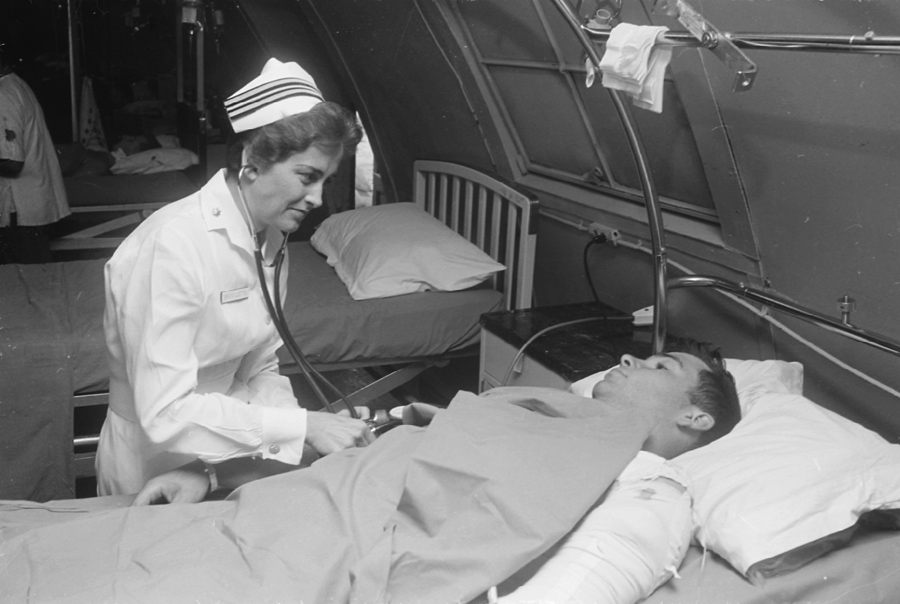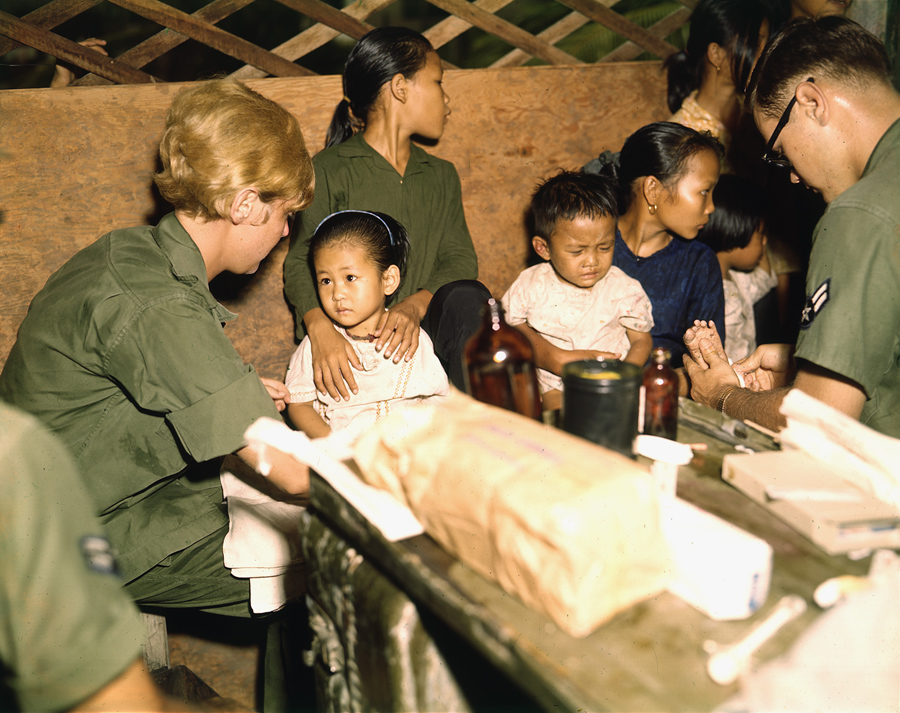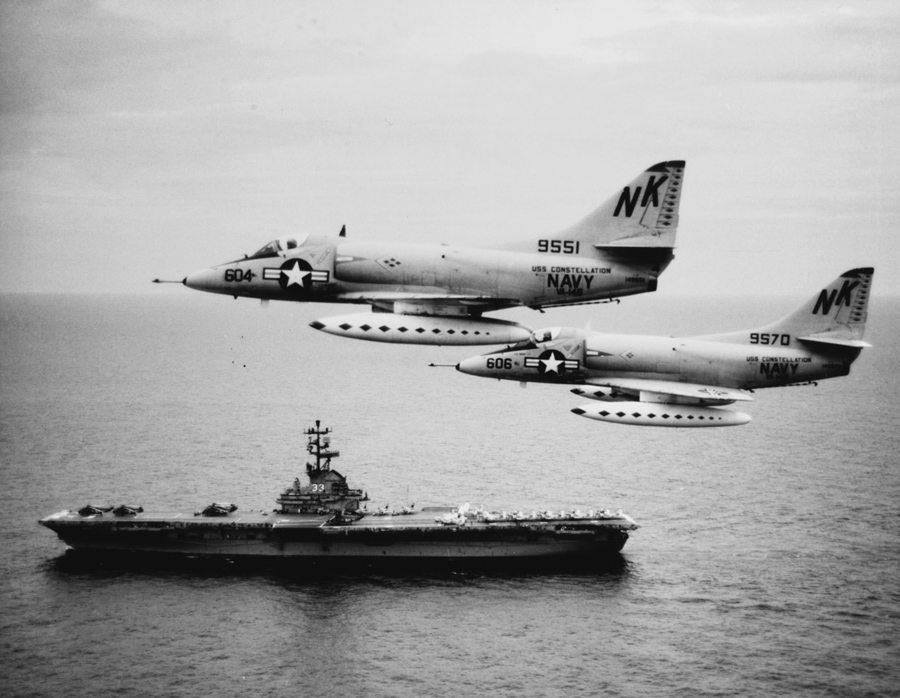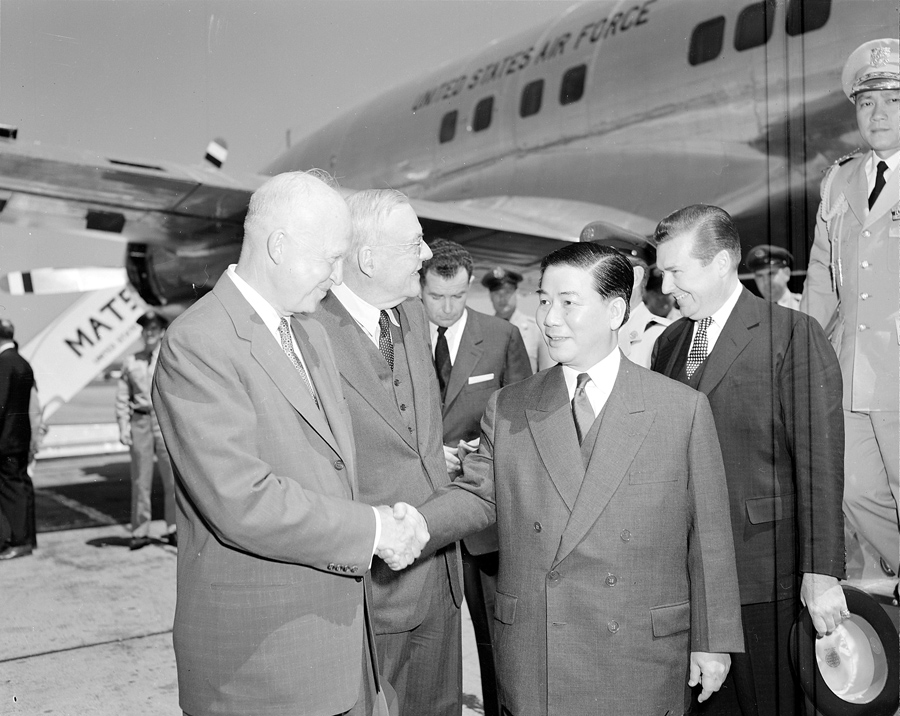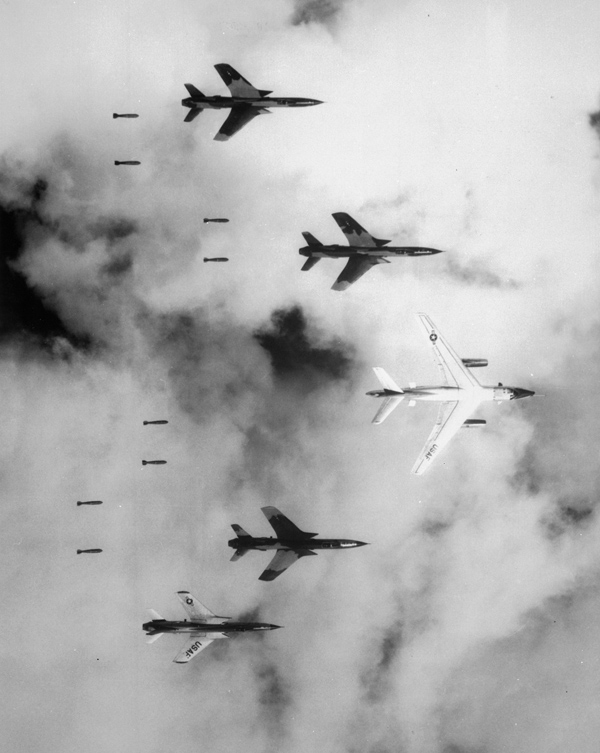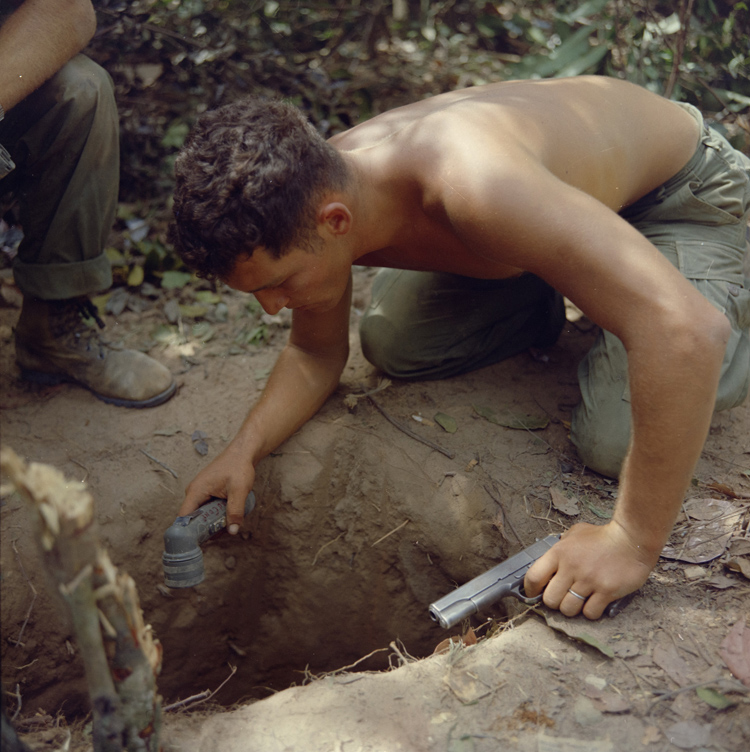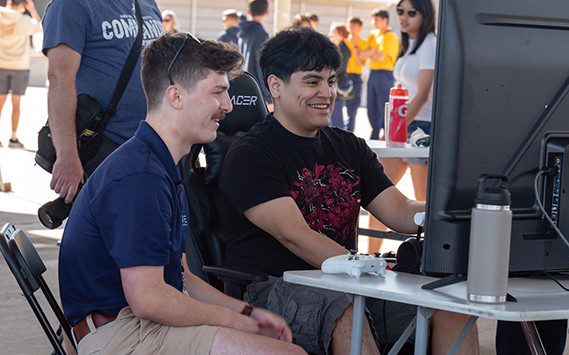President Donald J. Trump, designating every March 29 as National Vietnam War Veterans Day, signed the Vietnam War Veterans Recognition Act of 2017 into law.

This special day joins six other military-centric annual observances codified in Title 4 of the United States Code ß6, among them Memorial Day, Independence Day and Veterans Day.
March 29 is a fitting choice for a day honoring Vietnam veterans. It was chosen to be observed in perpetuity as March 29, 1973, was the day United States Military Assistance Command, Vietnam was disestablished and also the day the last U.S. combat troops departed Vietnam. In addition, on and around this same day Hanoi released the last of its acknowledged prisoners of war.
The United States of America Vietnam War Commemoration honors all veterans who served on active duty in the U.S. Armed Forces at any time from Nov. 1, 1955, to May 15, 1975, regardless of location, and their families.
Nov. 1, 1955 was selected to coincide with the official designation of Military Assistance Advisory Group-Vietnam (MAAG-V); May 15, 1975 marks the end of the battle precipitated by the seizure of the SS Mayaguez.
The Department of Veterans Affairs estimates that today there are more than 7 million U.S. Vietnam veterans living in America and abroad, along with 10 million families of those who served during this timeframe.
U.S. involvement in Vietnam started slowly with an initial deployment of advisers in the early 1950s, grew incrementally through the early 1960s and expanded with the deployment of full combat units in July 1965. The last U.S. personnel were evacuated from Vietnam in April 1975.
This national commemoration was authorized by Congress, established under the Secretary of Defense, and launched by the President to thank and honor our Nation’s Vietnam veterans and their families for their service and sacrifice.
In 2007, the 110th Congress incorporated language in House of Representatives (H.R.) 4986 authorizing the secretary of defense to conduct a program commemorating the 50th anniversary of the Vietnam War.
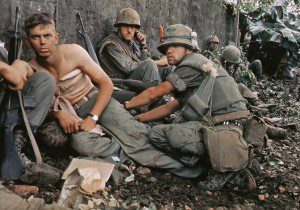
H.R. 4986 was signed into law as the National Defense Authorization Act (NDAA) for Fiscal Year 2008 by 43rd U.S. President George W. Bush on January 28, 2008.
President Barack Obama officially inaugurated this Commemoration at the Vietnam Veterans Memorial in Washington, D.C., on Memorial Day, May 28, 2012.
Congress outlined a total of five objectives for The United States of America Vietnam War Commemoration, with the primary objective being to thank and honor Vietnam veterans and their families for their service and sacrifice on behalf of the Nation, with distinct recognition of former prisoners of war and families of those still listed as missing in action.
The four remaining objectives highlight the service of our Armed Forces and support organizations during the war; pay tribute to wartime contributions at home by American citizens; highlight technology, science and medical advances made during the war; and recognize contributions by our Allies.
By Presidential Proclamation, The United States of America Vietnam War Commemoration will continue through Veterans Day, Nov. 11, 2025.
